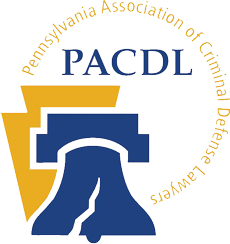Impaired driving enforcement efforts ramp up across Pennsylvania
The end of summer is just around the corner. Labor Day is coming up, students are heading back to school and people are already making plans to attend football games and Homecoming parades.
All these events are linked to the fall season, but they can also be linked to drunk driving arrests and accidents. During the coming weeks, drivers should be especially wary about driving while intoxicated or impaired, because police will be especially diligent in making arrests.
Already, law enforcement agencies across Pennsylvania have announced enforcement activities like sobriety checkpoints and DUI patrols for the Labor Day holiday. These measures put more police on the roads to increase the likelihood of identifying and arresting allegedly impaired drivers before they cause an accident.
Unfortunately, Labor Day is among the deadliest holidays in terms of drunk driving. During this period, there are more deadly accidents than almost any other time of year.
Police are not just focusing on intoxicated drivers this holiday, either. They will also look for drivers impaired by drugs like marijuana, cocaine, opioids and other prescription medication. The National Highway Traffic Safety Administration is also working to keep impaired drivers off the road with a new campaign stating, “If you feel different, you drive different.”
Considering all the measures in place to stop drunk or drugged drivers, getting behind the wheel when you are impaired would be especially unwise in the coming weeks.
All that said, these increased efforts can lead to overzealous officers who might cut corners or violate a person’s rights in the pursuit of increasing arrest numbers. It is also possible that an officer might arrest someone for DUI based on tenuous observations or alleged signs or impairment that are inaccurate, which can lead to wrongful charges.
Because of this, it is crucial for drivers to understand their rights during a traffic stop and speak with an attorney if one leads to criminal charges.



